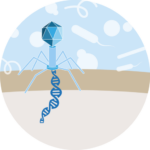About “New Concepts in Prokaryotic Virus-host Interactions – From Single Cells to Microbial Communities” (SPP 2330)
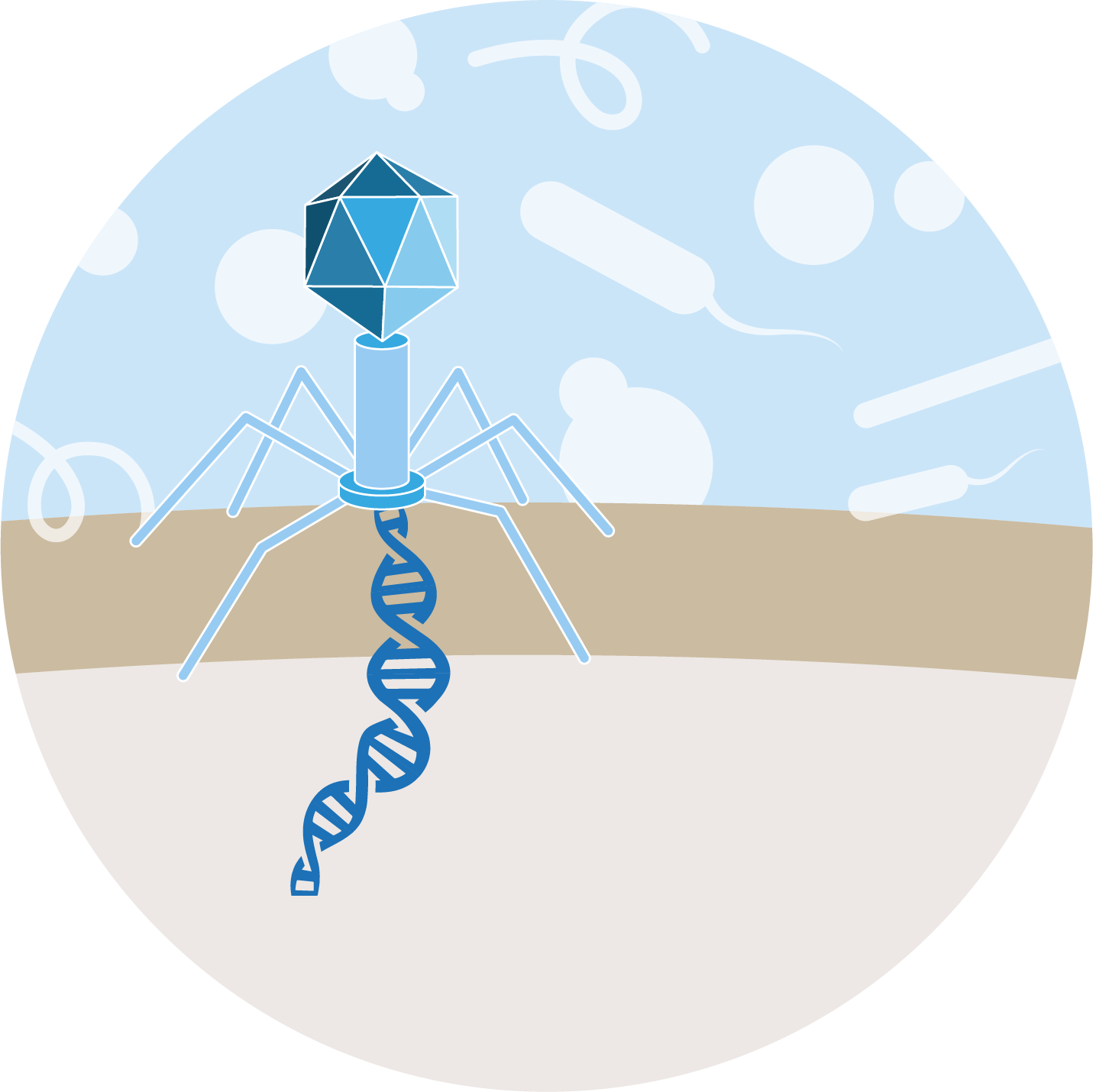
The DFG priority programme SPP 2330 is a research consortium focusing on “New concepts in prokaryotic virus-host interactions – from single cells to microbial communities”. The programme is currently funding 21 projects and is within its second funding period (10/2024 – 09/2027).
The goal of this priority programme is to discover fundamentally new concepts and mechanisms in phage biology by focusing on three scales of complexity of viral organisation: viral cell biology, new unicellular and multicellular anti-viral defences, and viral impact on microbial communities.
SPP 2330 provides a platform for the ‘Phage Biology Community’ for international exchange and scientific networking by organizing annual meetings and workshops. An important goal of this programme is the support of young scientists and gender equality through various measures.
Research
Viruses that prey on bacteria and archaea represent the most abundant biological entities on this planet. Over the last century, research using bacteriophages (viruses infecting bacteria) was the primary driving force in deciphering the molecular basis for life. In recent years, revolutionary discoveries on the biology of prokaryotic viruses opened up completely new horizons in phage research. These include the findings that viruses can use small molecules to make group-level decisions, the discovery of intracellular molecular complexes made by viruses that blur the boundary between prokaryotic and eukaryotic life, and the multitude of novel anti-viral immune systems acting at the unicellular and multicellular level. This impressively demonstrates the gigantic blind spots in our current understanding of the biology of prokaryotic viruses, which were revealed by studying viruses that are not traditionally perceived as model systems, and by the application of modern technologies that have been developed after the first intense period of phage research decades ago.
The goal of this Priority Programme is to open up new horizons and opportunities for discovering fundamentally new concepts and mechanisms in biology by focusing on three scales of complexity of viral organisation: viral cell biology (Area A), new unicellular and multicellular anti-viral defences (Area B), and viral impact on microbial communities (Area C).
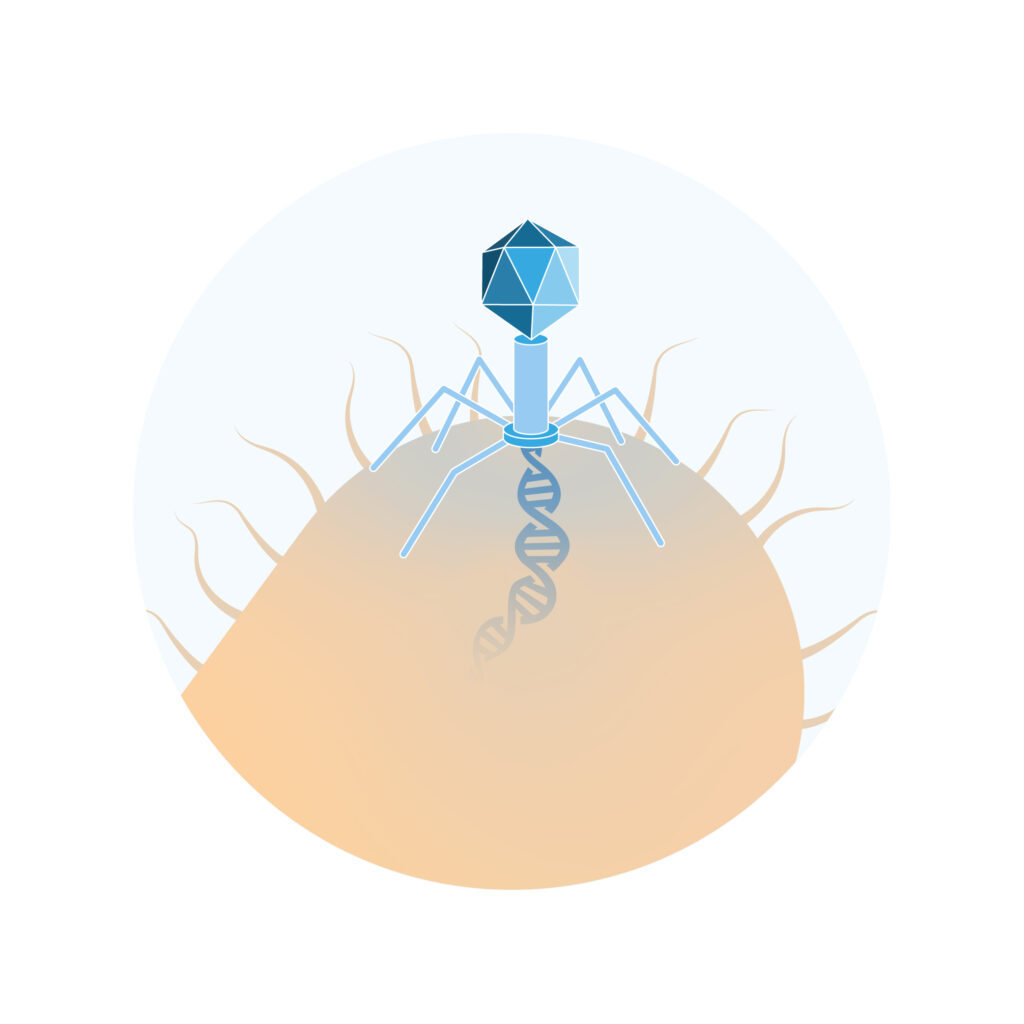
Cellular organisation and regulation of the viral infection cycle
elucidation of key factors (proteins, RNAs or small molecules) involved in the spatiotemporal control of the viral infection cycle, viral communication and compartmentalisation.
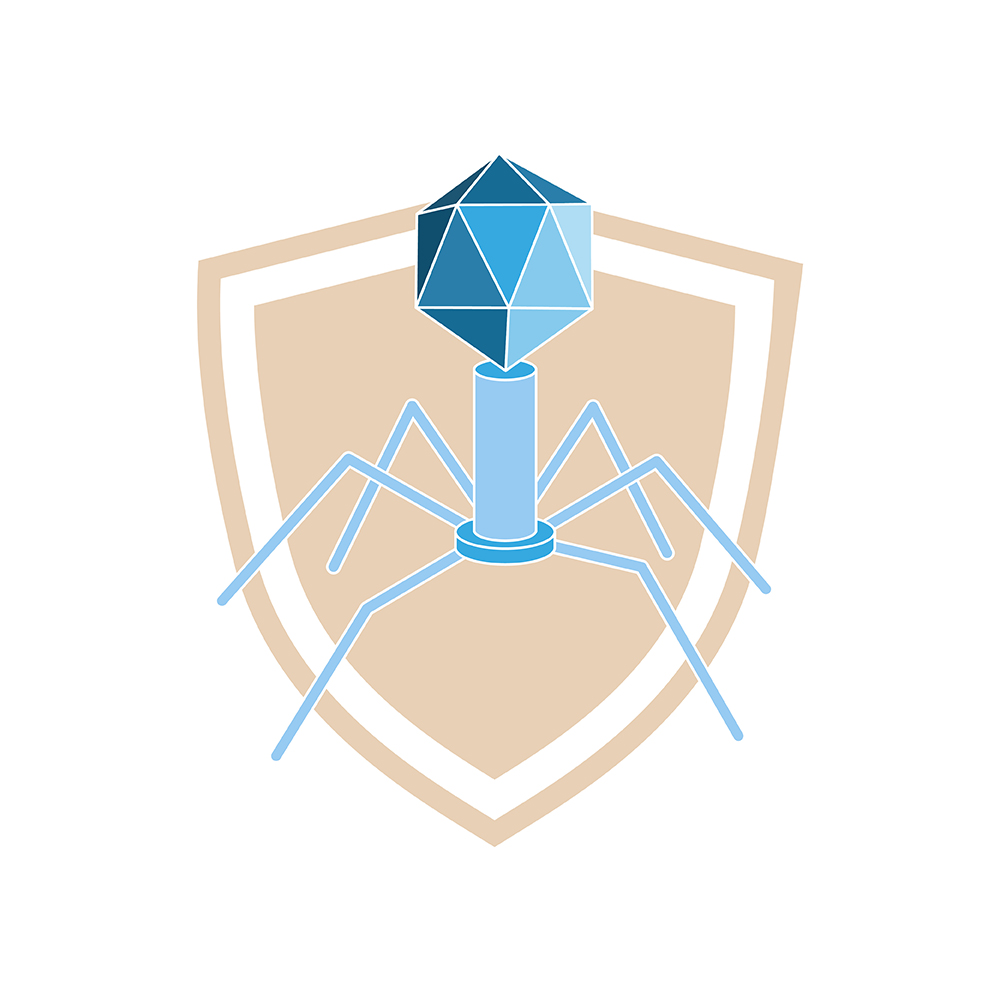
Novel anti-viral defence systems
in prokaryotes acting at the unicellular and multicellular levels as well as their interaction and complementation.
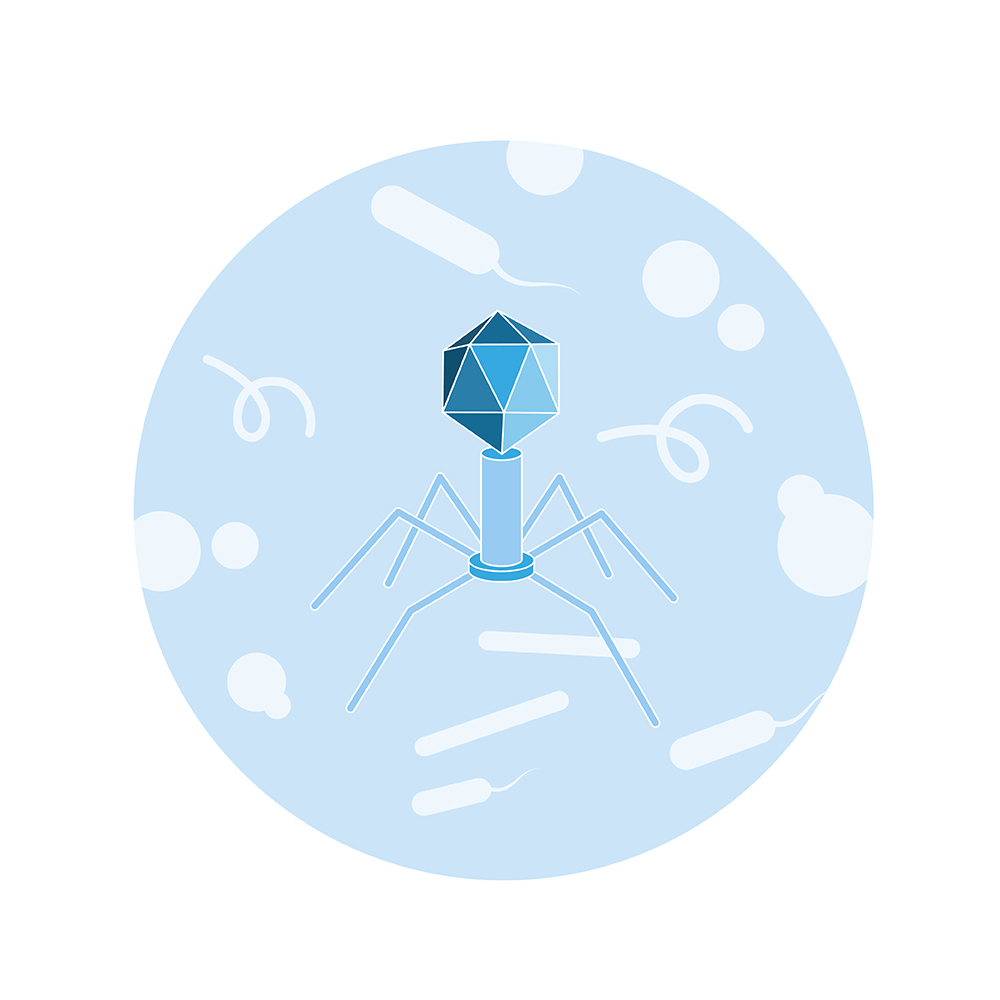
Viral impact on microbial communities
interaction with biofilms, co-evolutionary dynamics, and prokaryotic virus-host networks.
SPP 2330 in Numbers
SPP members
Funded until

